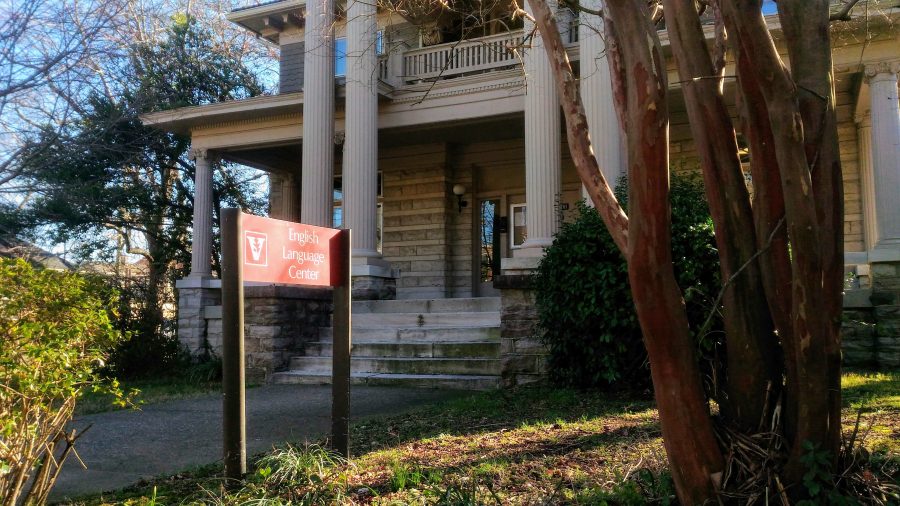“Even something as simple as small talk is incredibly cultural.”
Language teaching specialist Carrie Cargile spoke on the cultural aspects of networking at a workshop hosted by the International Student Support Working Group (ISSWG). The working group held two workshops in February– one for undergraduate students and one for graduate students –to address a particular challenge in the international student experience: the set of cultural norms around networking.
Thirty-three students attended the two-hour undergraduate session Feb. 12, which was titled “How Do I Get in the Room and Where Do I Start?” The session discussed networking in the United States, and Career Center Coach Ethan Fesperman helped participants set up LinkedIn accounts.
Fourth-year Somtochukwu “Somto” Dimobi serves on ISSWG this year and co-facilitated the undergraduate session. Dimobi, an international student and self-described “natural networker,” envisioned the workshop as a way to dispel misconceptions surrounding networking, like the idea that networking encourages solely superficial interactions.
“I think it all comes down to stepping out of your comfort zone and meeting people you probably wouldn’t have met otherwise,” Dimobi said.
The graduate workshop, held Feb. 13 and titled “The Art of Small Talk,” drew 23 students and featured a panel of former international students who now work in the Nashville community. The session discussed cultural taboos, body language, and appropriate small talk topics, ISSS Assistant Director Andrea Pietrzyk said.
Executive Director of International Student Programs Susan Barone formed the ISSWG in March 2018. The group brings together representatives from offices like the ISSS that explicitly support international students, but it also includes representatives from offices like the Career Center and the Writing Studio that support international students in less obvious ways. Student representatives from the ISSS Advisory Board, Vanderbilt International Student Association, and the International Student Council bring student perspectives to the working group.
ISSWG combines the strengths and experience of all these parties, said Cargile, who serves alongside Pietrzyk to co-chair the committee.
“Numerous units around the school are developing resources and exerting unique efforts for international students, but our efforts felt very siloed and perhaps redundant,” said Cargile. “So we got talking about, wouldn’t it be great to have a group that all came together who all have the interest of international students in mind to work together sharing our strengths and creating these resources?”
Dimobi, one of five students who serves on the ISSWG, has found the group’s work to be rewarding. While other organizations supporting international students often work on many projects simultaneously, the ISSWG focuses on a single theme each year, bolstering their effectiveness in this particular area, Dimobi said.
During the 2018-19 academic year, ISSWG focused on networking. The group will most likely decide on a theme for next year at their April meeting, Cargile said.
The February networking workshops are only one component of the ISSWG’s work this year. The group will host a second workshop for undergraduates March 22, titled “Promoting Best Self: What do I do when I get in the room?” and a second workshop for graduate students later this spring.
In addition, the group is currently compiling resources around networking to be used in the coming years.
“We are creating these resources that can be pulled from the shelf by other campus units who want to tackle these same topics in the future,” Cargile said.



